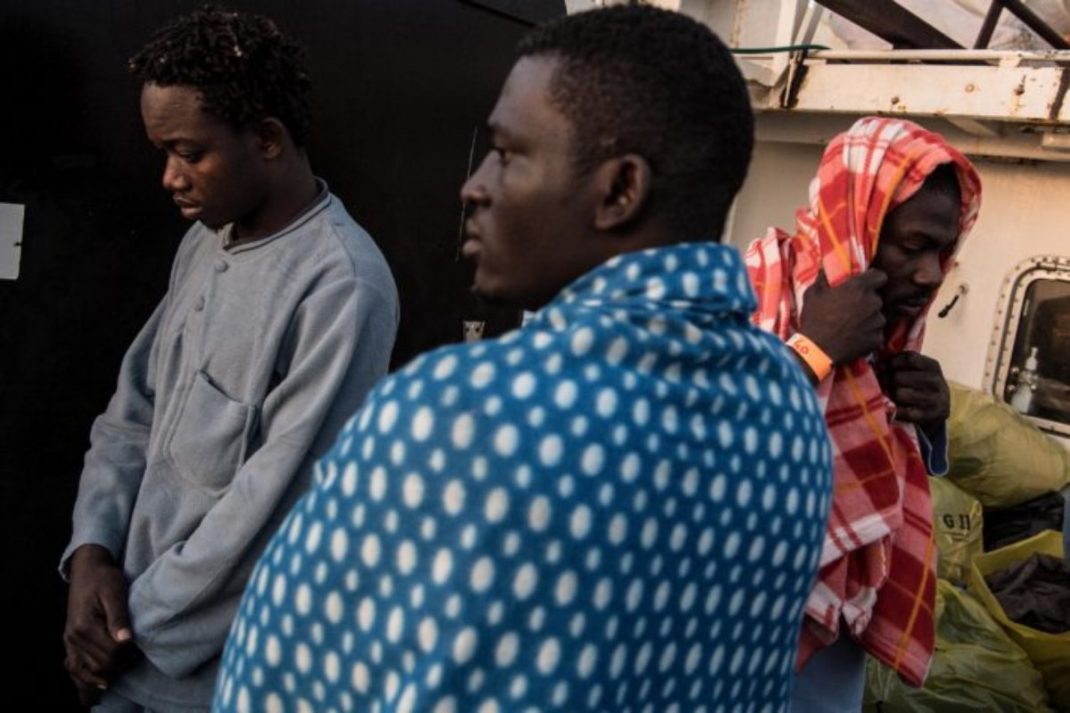By Esther King
Centers holding thousands of migrants are cramped, barren and dirty, according to a report by EU officials.
Sanitary conditions in refugee detention centers in Libya are severely lacking, according to a report drafted by European Union officials and seen by German magazine Der Spiegel.
“The conditions are in line with expectations — poor sanitary conditions, insufficient space and hygiene to hold more than 1,000 refugees in detention,” according to the report EU diplomats sent to Brussels following their visit to Tarek al-Sika detention center in Tripoli earlier this year.
“The small area dedicated to distributing medication was a sad sight,” it added.
According to the report, many refugees who EU diplomats spoke to said they had been held captive at the center for several months, some for more than a year. Many reported having lost essential possessions — money, cell phones, identification papers — by the time they reached Libya.
Libyan counterparts told EU diplomats refugees were often held in centers until they paid a ransom. “Migrants are sometimes even sold back and forth between detention centers,” according to the report, which dates back to April.
Refugee rights organizations and NGOs such as Doctors Without Borders have criticized conditions in Libyan refugee centers and slammed the EU’s cooperation with Libyan authorities to stem the flow of migrants reaching its shores. German diplomats previously likened conditions in detention centers to those in concentration camps.
According to new Italian interior ministry figures, about 11,100 migrants made the dangerous crossing to Italy from Northern Africa — many of whom travel through Libya — in July compared to more than double that amount in the same month in 2016 (just over 23,500).
The reasons behind the summer drop-off are disputed. But according to Eugenio Ambrosi, the EU director at the International Organization for Migration, “the impression is that the stock of those who want to leave Libya is running out.” Only 20 percent of the migrants who reach Libya try to cross into Europe, he added.
The EU has pushed for greater efforts to facilitate voluntary returns from Libya, a figure that stands at over 6,000 so far this year compared to 2,700 in the whole of 2016. European institutions have also disbursed millions of euros in funding for African countries.
***
Esther King is a copy editor at POLITICO. She joined POLITICO in March 2015 as its editorial assistant. A graduate of Colby College, Esther majored in History and was the features editor for the Colby Echo. She went on to attend the Columbia Publishing Course and worked in publishing in New York City. A Brussels native and dual citizen, she is fluent in English, French and German
____________




